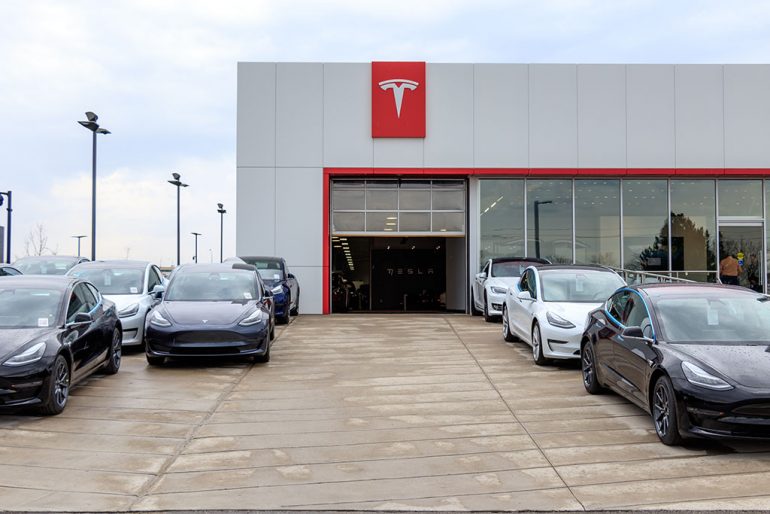
A U.S. judge has dismissed an antitrust lawsuit filed against Tesla, the electric car company headed by Elon Musk. The lawsuit alleged that Tesla engaged in monopolistic practices in the markets for vehicle maintenance and replacement parts, leading customers to face high prices and extended wait times for repairs.
U.S. District Judge Trina Thompson, based in San Francisco, made the decision on a Friday night, stating that the customers involved in the proposed class action failed to demonstrate either that the issues they raised were not widely known when they purchased their vehicles or that they couldn’t foresee the costs associated with maintaining their cars.
Also, don’t forget that you can get discounted new car pricing with a free quote through qualified local dealer partners.
Judge Thompson further emphasized that the customers could not provide evidence showing that Tesla coerced them into using the company’s services and parts solely because they had initially bought Tesla vehicles. Despite allegations that Tesla may have misled customers regarding the maintenance needs of its electric vehicles (EVs), the judge pointed out that there was no claim that consumers were unaware of the purportedly excessive prices and lengthy wait times.
Additionally, claims under California consumer protection laws were also dismissed by the judge. However, she did note that the customers involved have the option to amend their complaint. The lawsuit combined five separate legal actions and encompassed drivers who had incurred expenses for Tesla repairs and parts since March 2019.
According to the complaint, Tesla’s approach to repairs differs from traditional automakers, as Tesla requires its customers to have their vehicles serviced exclusively by the company or its authorized service centers, utilizing only Tesla-manufactured parts. This contrasts with traditional vehicles, whose owners have the option to seek repairs at dealerships or independent shops and can use parts from various manufacturers.
Tesla’s unique business model, which involves selling vehicles directly to consumers rather than through a network of franchisees, has been a point of distinction. The company reported $6.15 billion in services and other automotive revenue between January and September, constituting 9% of its total revenue of $71.6 billion during that period. Notably, vehicle sales accounted for the majority of Tesla’s revenue, amounting to $57.9 billion, or 81%.
The case, titled Lambrix v Tesla Inc, was heard in the U.S. District Court for the Northern District of California under case number 23-01145. Lawyers representing the customers involved in the lawsuit have not provided immediate comments following the judge’s decision.